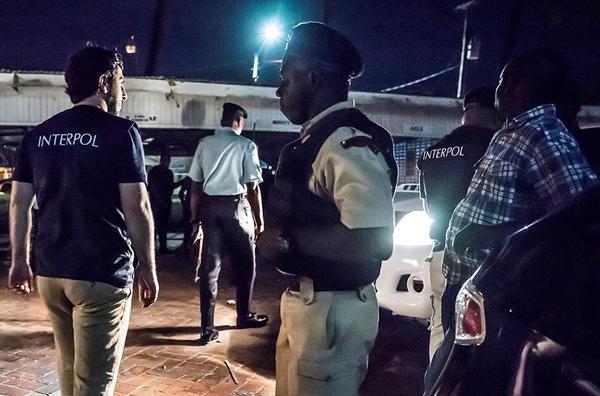Nearly 350 victims of modern-day slavery have been rescued as part of a coordinated police raid across 13 countries in the Americas.
The anti-trafficking raids were conducted by The International Criminal Police Organization, also known as Interpol. In a statement on Monday, April 30, the organization said over 500 police officers were involved.





